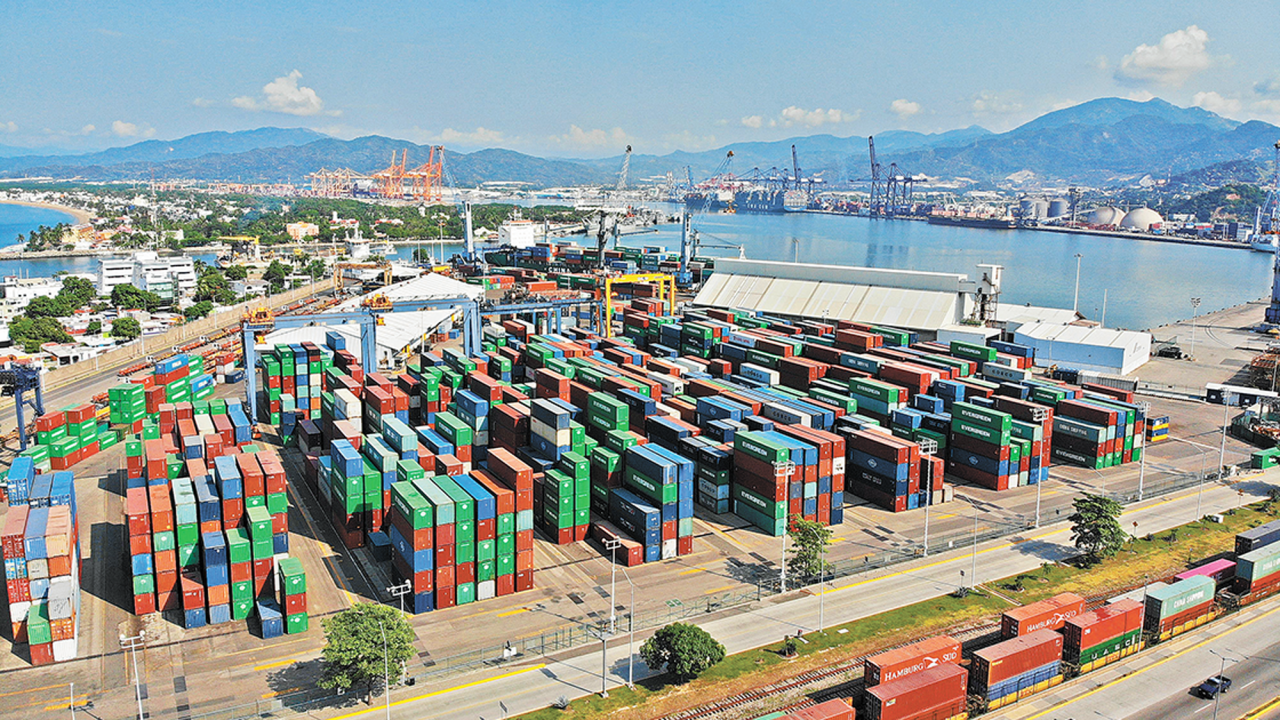
Based on 10 core indicators for 50 countries, the Business Ready Report awarded scores ranging from 0 to 100 points to map the environment each nation offers for doing business and encouraging investment.
In a comparison of 50 countries to identify the business environment and encourage investment, Mexico ranked 16th according to information collected by the World Bank.
According to the Business Ready Report, which was carried out for the first time by the organization to identify the conditions in which private initiatives operate in 50 countries, Greece, Colombia and Croatia offer friendlier conditions than Mexico for entrepreneurs to contribute to innovation, job creation and strengthen their ties with the economy.
Based on 10 base indicators for the 50 countries, they awarded scores ranging from 0 to 100 points to map the environment that each nation offers for doing business and encouraging investment.
The 10 indicators evaluated were business creation, industrial location, public services, labor, financial services, international trade, taxes, dispute resolution, market competition and business insolvency to create an enabling environment for prosperity and encourage investment.
Mexico achieved the highest scores in the financial services indicators, where it obtained a score of 84.31 points out of 100; public services, which achieved a score of 76.79 points; and dispute resolution, with 67.69 evaluation points.
The lowest score corresponds to market competition, where it registered a score of 51.69 points. This is the context from which local companies in Mexico start to integrate into global value chains that are seeking to relocate closer to their final consumer in the United States.
This will help to escape the so-called middle-income trap, which would be key to growth in a dynamic private sector that employs 90% of workers, accounts for 75% of investments and generates 80% of taxes.
ESCAPING THE MIDDLE INCOME TRAP
At the launch of the report, Norman Loayza, Director of Global Indicators at the World Bank, explained that middle-income economies, which have 75% of the world's population and two-thirds of the world's poor, must grow at a rate of 5% per year in the immediate future.
In contrast, over the past 10 years, the average growth rate of emerging economies in Latin America has been 0.9%, which makes it necessary to find mechanisms to accelerate productive performance. It is here, in this strategy, where it would be relevant to encourage the development of the private sector and turn it into a “growth engine.”
As explained by Mark Thomas, World Bank Director for Mexico, Colombia and Venezuela, nearshoring is an almost geopolitical investment movement that has to do with the state of relations between the United States and China.
It is a process of adjustment in which international companies are reviewing the global panorama and Mexico is a piece of the map; a normal and natural destination for those who are looking at this problem.
He explained that the areas to focus on in order to open up market competition are to trigger regulatory improvements, and to put emphasis on areas where Mexico is doing better, such as the dispute resolution framework and good practices in infrastructure governance, as indicated in the recently created report, Business Ready.
THE TASK OF GOVERNMENTS
In the World Bank report, Singapore, Estonia and Georgia were identified as leaders in promoting private sector investment.
Singapore is the country with the highest rating in operational efficiency, identified with 87.33 points, that is, 28 places above Mexico in the same segment, which achieved a rating of 61.73 points.
Operational efficiency includes the ease of the regulatory framework, the effective use of public services relevant to businesses, as well as the behaviour and performance of active and potential businesses.
Public services that impact companies that qualify under this pillar are water and electricity distribution, ease of compliance with tax obligations, environmental and social safeguards, and availability of public data that support the transparency and free flow of information necessary for a healthy business climate.
Precisely those that the owners of industrial parks identify as challenges for Mexico to offer better conditions to companies interested in relocating.
REGULATORY FRAMEWORKS
According to the World Bank's B Ready, Georgia ranks among the top three in the regulatory framework pillar with a score of 77.61 points, which is five places above Mexico in the same segment, which achieved a score of 75.07 points.
In the presentation, the World Bank explained that the implementation of regulations limits the business climate.
“Economies do better at establishing regulations to improve the domestic business climate than at providing the public services needed to ensure real progress.”
In this segment, the agency analyses the regulatory burden on companies, such as how long it takes to start a business, as well as the quality of regulations.
Check whether labor laws protect workers from being arbitrarily fired; or whether female workers are less competitive when looking for work.
Business Ready is the successor to Doing Business, providing a more balanced and transparent approach to assessing a country's business and investment climate.
This approach has been based on recommendations made by internal and external experts at the World Bank, including governments, the private sector, civil society organizations and researchers.









